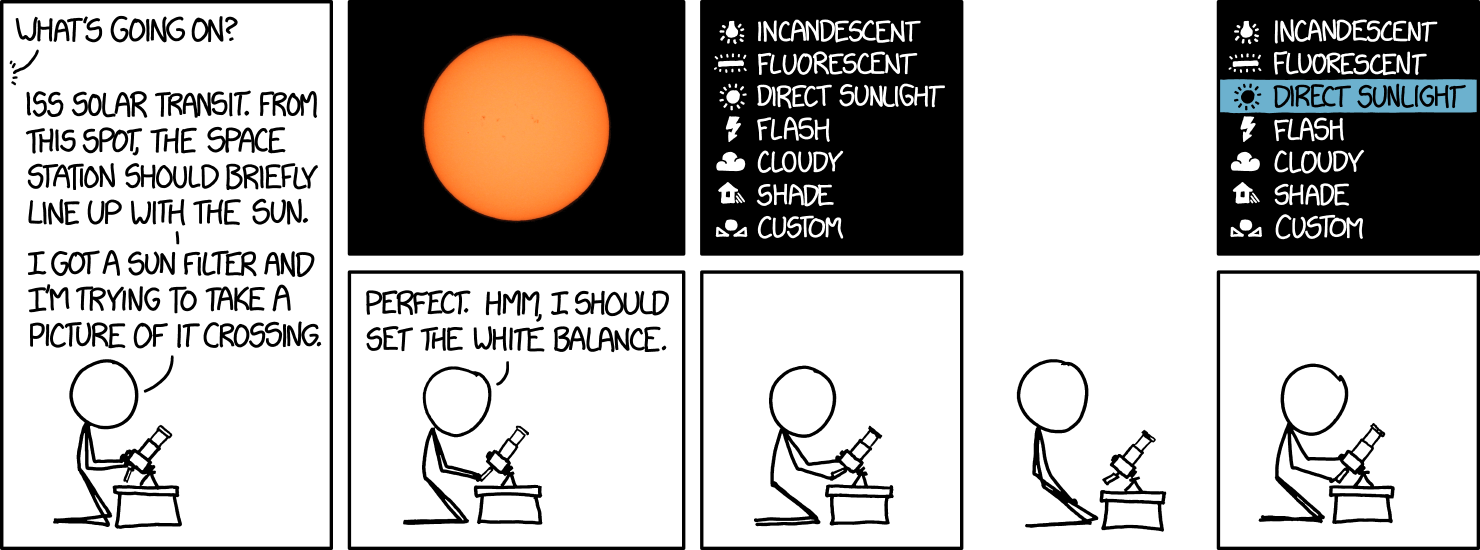[ETHEREUM-CONTRACTS] proposed changes for the macro forwarder #1828
Add this suggestion to a batch that can be applied as a single commit.
This suggestion is invalid because no changes were made to the code.
Suggestions cannot be applied while the pull request is closed.
Suggestions cannot be applied while viewing a subset of changes.
Only one suggestion per line can be applied in a batch.
Add this suggestion to a batch that can be applied as a single commit.
Applying suggestions on deleted lines is not supported.
You must change the existing code in this line in order to create a valid suggestion.
Outdated suggestions cannot be applied.
This suggestion has been applied or marked resolved.
Suggestions cannot be applied from pending reviews.
Suggestions cannot be applied on multi-line comments.
Suggestions cannot be applied while the pull request is queued to merge.
Suggestion cannot be applied right now. Please check back later.

Proposed changes:
TrustedMacrosVanillatoMacroForwarder. Reasoning: trusted is a property not inherent to the contract, but coming into effect by registering it as trusted by gov. Vanilla isn't self-explanatory, I find it unnecessary. If we add a 712 variant, we can simply add 712 to the name. Plural -> singular because the use of a variabletrustedMacrosfor an instance in the test seemed odd.simulateMacro: Initially I tried to find a better name (_simulate_ to me suggests that it would simulate the actual execution, not just retrieve the operations), but I came to the conclusion that it's more confusing than helpful and should instead be removed. It doesn't really add anything, because it just delegates tomacro.buildBatchOperations()`StatefulMacro: [ETHEREUM-CONTRACTS] TrustedMacros: A TrustedForwarder that rules them all #1782 states: A user-defined macro is stateless ... - I think that's a mistake. The macro may very well have state if that helps to reduce the calldata size of the macro call. It just can't modify state inbuildBatchOperations(). This test case exemplifies that, reducing the calldata to the minimum, which currently is the macro address.